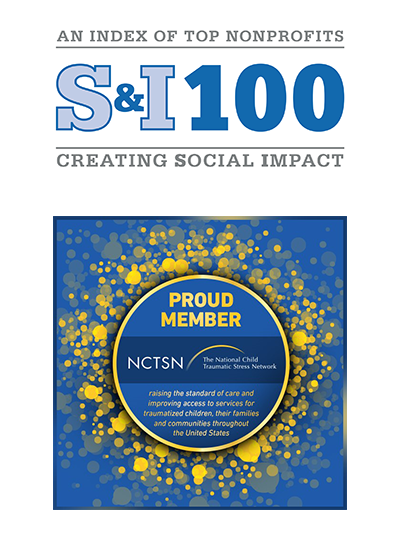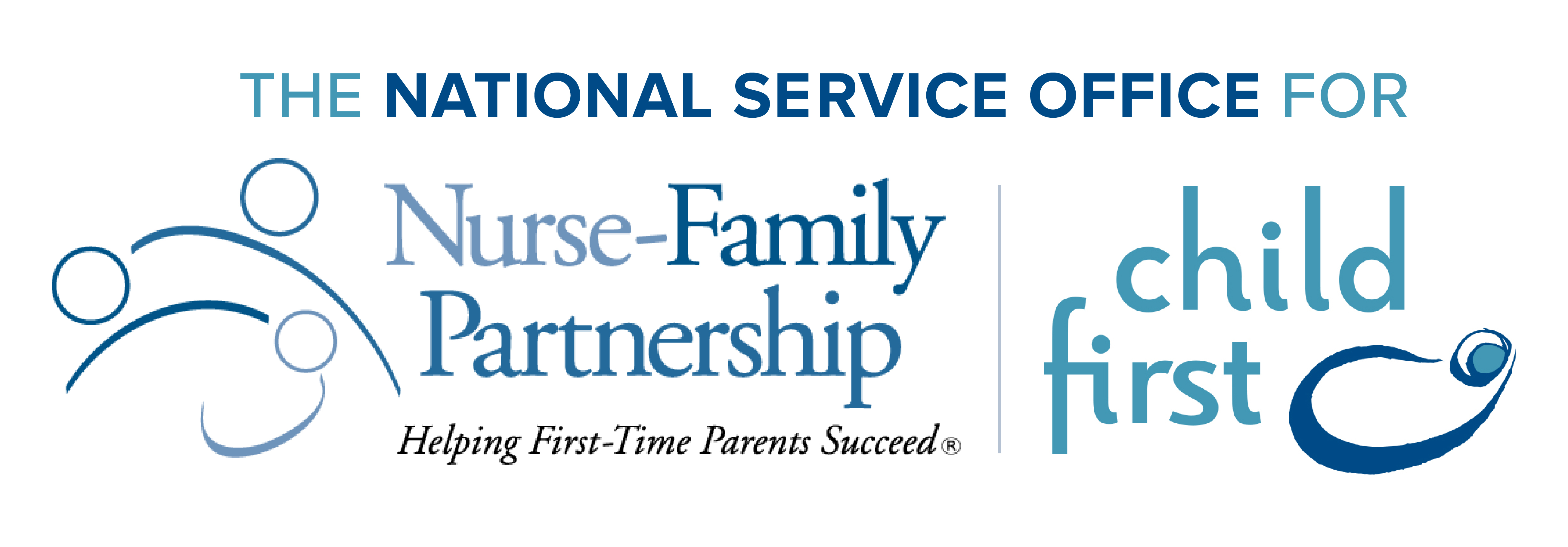Luis is a handsome 4 year old, with thick black hair and beautiful, expressive brown eyes, which he kept averted most of the time. His mom, Maria, was incredibly worried about him. His speech was slightly delayed, despite having received great services through Birth to 3. He experienced moments of anger and despair, where he would bang his head, hit his mom, cry inconsolably, and scream until he could scream no more. He would rarely look people in the eye, preferring to play alone. He also had severe separation anxiety, which troubled his mom, who wanted him to get a better education than she got. His time in preschool also allowed her to work an extra job to make ends meet. When she was referred to Child First, she shared that she firmly believed that his behavior was caused by the domestic violence he had seen in his home at such a young age. However, when she had shared that with her local mental health providers, she was told that there was a suspicion that he may be autistic. They began testing, but she soon pulled him out, knowing in her heart that this was not the issue.
During the first few visits in the home with Child First, Luis didn’t speak, didn’t make typical eye contact, and cringed away when the Child First Team got too close to him. However, there were fleeting moments of connection with his mom, short glances, small touches, that seemed to confirm what Luis’ mom believed: he was not autistic, there was something else troubling her little one. Mom cried the entire first session, telling the Child First Team about how deeply unhappy she was in her relationship, and how guilty she felt that she had exposed her children to several incidents of violence in her home. What was also clear was her desire to get help for Luis’ father, and for him to be involved in the work with Child First.
Maria deeply wanted Luis to have a father figure because her own father was predominantly absent, both physically and emotionally, as he suffered from alcoholism. Maria’s own mother wasn’t able to protect Maria as a child, and Maria slowly shared her own history of trauma with the Child First Team. The Team was struck by Maria’s strength, her resiliency, and her resolute desire to give her children a better childhood than she had.
However, Maria’s past and her present worked against her, and she struggled with depression and hopelessness. She had withdrawn from her Church because she was ashamed to share what was going on in the home. She also shared that she was scared of Luis. When her little one became angry and hit her, he was no longer her young son who was struggling to make sense of what was happening between his parents. He was, instead, every man who had ever hurt and hit her. She knew Luis needed her, but she was scared of getting hurt in the process. She was also terrified that he would grow up to be a violent man, a man who would hurt her and his partner. The Child First Team normalized her reaction, letting her know that this feeling was not uncommon and that they would partner with her to give Luis the childhood she wanted him to have. If dad was willing, the Team would also work with him, and connect both of them to the services they felt they needed.
The work was done slowly, thoughtfully, being respectful of Luis’ apprehension of these new grownups in his home. He warmed up as he began to see that the Child First Team wouldn’t hurt him, his mom, or his dad. Through play, he began to tell his story and the feelings behind it: his confusion and pain when his two most loved people hurt each other; his fear when his mother was too depressed to get out of bed; his anxiety at school, wondering if his mom was ok and whether she would come pick him up at the end of the day; his desire to be protected and contained in his moments of anger, and his disappointment when that didn’t happen.
Luis would set up play scenarios where he was in danger, and he wanted his mom to save him, as if asking “Can you do this? Can you keep me safe? Are you strong? Can I trust that you’ll do what I need you to do?” He played about his conflicted feelings about his dad, someone he loved so much, but who also scared him terribly. He often used a Hulk doll to represent his dad, and explained that the Hulk didn’t want to be angry, he was just very sad and he needed help with his big feelings, just like Luis did.
Slowly, Maria began to regain her voice, a voice that showed that there was strength in quiet but firm words. She shared with her Pastor what was happening in the home, and she felt liberated. There were no more secrets that kept her away from her Church. Though her work with the Child First Team, her depression lifted, and she used her new voice to explain to the school and to her family why Luis had a hard time with his big feelings.
The Child First Team slowly worked with Luis’ dad, Jorge, as well. He was a deeply troubled man with his own history of trauma, but who, like Maria, also wanted better for his child. Jorge worked hard for his family, but had struggled with emotional and health issues for most of his adult life. The Team helped him think about the impact of domestic violence on his son, but recognized that he was struggling with his own demons, demons that kept him from being the father he truly wanted to be. He recalled events in his own childhood, remembering how terrified he was when he didn’t have a grownup to help him make sense of some of the scary things that happened in his own childhood home. He didn’t want Luis to feel scared and so he truly wanted to be a different parent and partner. Maria and Jorge soon began attending counseling sessions in their Church, and, while there was still a lot of work to be done to improve their relationship, they began doing more activities as a family. Arguments continued, but there were no more incidents of domestic violence.
After about 1 year of work together, Luis was enrolled in Kindergarten, flourishing. He spoke a mile a minute about his favorite Teenage Mutant Ninja Turtle, had developed several friendships in school, and had even started playing soccer on the weekends. His relationship with his parents had improved, and he no longer feared his big feelings because his mom could help him bring them back down to a more manageable size. Mom was no longer depressed, and was finding great satisfaction working at a local restaurant. Dad continued reaching out to his Church for support when needed, and he was connected to a medical provider he trusted to address his health issues. Maria, when reflecting on the past year, said, “I know that Luis has changed, but I’ve changed too. Now I can understand why he was struggling, and so I can help him with his feelings, instead of being scared of him. He’s my little guy again, and he’s going to grow up to be a great man. I’m not afraid anymore that he’ll hurt me. I’ll keep supporting him so he can have a better life than I did. Anything is possible for him.” The Child First Team responded, “Anything is possible for you too.”







